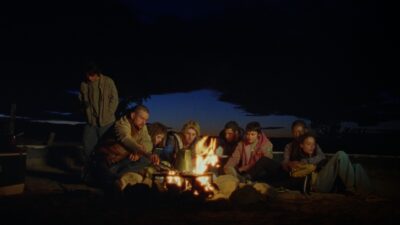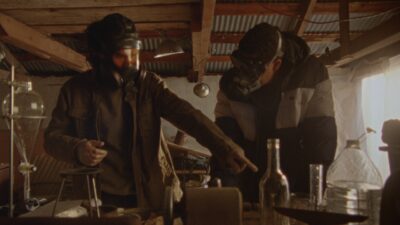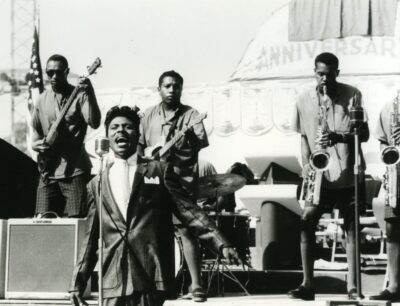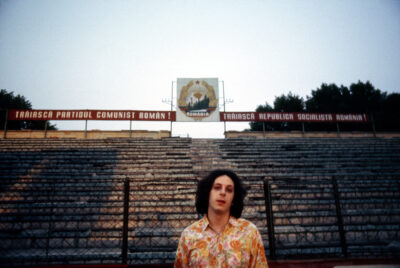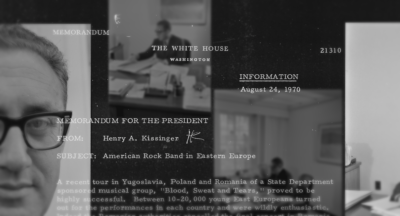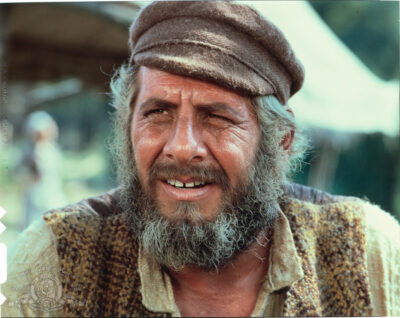As fossil fuels continue to cook the planet, the world is finally becoming forced to confront the influence of large oil companies and tactics that have enriched a small group of corporations and individuals for generations. Beneath our feet, Uranium atoms in the Earth’s crust hold incredibly concentrated energy- science unlocked this energy in the mid-20th
century, first for bombs and then to power submarines and the United States led the effort to generate electricity from this new source. Yet in the mid 20th century as societies began the transition to nuclear power and away from fossil fuels, a long-term PR campaign to scare the public began, funded in part by coal and oil interests. This campaign would sow fear about
harmless low-level radiation and create confusion between nuclear weapons and nuclear power.

With unprecedented access to the nuclear industry in France, Russia, and the United States, iconic director Oliver Stone explores the possibility for the global community to overcome challenges like climate change and reach a brighter future through the power of nuclear energy- an option that may become a vital way to ensure our continued survival sooner than we think.

We open Nuclear Now for a week-long engagement April 28 at the Monica Film Center with one-night screenings at our Newhall, NoHo, Town Center and Claremont theaters on May 1.
DIRECTORS STATEMENT:
Climate change has brutally forced us to take a new look at the ways in which we generate energy as a global community. Long regarded as dangerous in popular culture, nuclear power is in fact hundreds of times safer than fossil fuels and accidents are extremely rare.

So, how can we lift billions of people from poverty while rapidly cutting greenhouse gases like carbon dioxide and methane — and, in many countries, coal? “Renewables” like wind and solar power can certainly contribute to this transition but are limited by weather and geography. While miracle batteries are not arriving to save us, engineers have been commercializing new, smaller nuclear reactor designs that can be mass-manufactured at low cost.

We must switch over — and fast.
This is, in my mind, the greatest story of our time — discussing humanity’s arc from poverty to prosperity and its mastery of science to overcome the modern demand for more and more energy. – Oliver Stone April 2023




